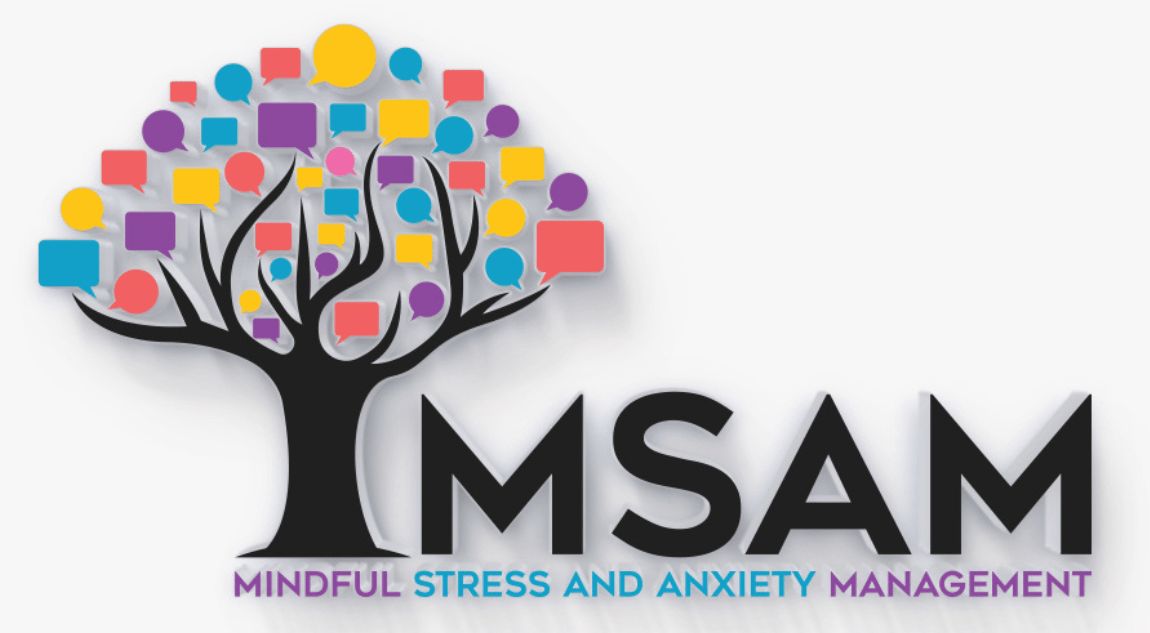Treatment for Post-Traumatic Stress Disorder (PTSD)
After a traumatic event, it is normal to feel scared, alone, or as if life will not return to normal. If these feelings persist for more than a month, however, you may have post-traumatic stress disorder (PTSD). PTSD causes a change in a person’s overall emotional, psychological and behavioral reactions following exposure to a traumatic event. Traumatic events include experiences such as: being in a car accident, being the victim of a crime, experiencing physical or sexual abuse, combat experiences, and many others. The person suffering from PTSD may have directly experienced the event, watched it happen to another person, or have heard about the traumatic event happening to a family member or loved one.
Symptoms of PTSD
Intrusions
An intrusion may be a nightmare, a flashback, or an unwanted memory related to the traumatic event. During a flashback, which is distinct from a typical memory experience, the person feels as though the event is happening again now. When reminded of the event, the PTSD sufferer experiences long-lasting and/or intense physical distress. Reminders, or ‘triggers’, can be internal or external.
Avoidance
Avoidance is a common symptom of PTSD. The sufferer may avoid memories, thoughts, or feelings that have to do with the traumatic event, as well as people, places, conversations, activities, objects, or situations related to the event. Avoidance can go on for years after the event, leading PTSD sufferers to stop participating in certain areas of life.
Changes in thinking or mood
The person must be experiencing a change in at least two of the following aspects of thinking and mood:
- Inability to remember an important part of the traumatic event.
- Persistent and exaggerated negative beliefs or expectations about self, others and the world (e.g. “I’m ruined,” “The world is all bad,” or “I’m bad”)
- Incorrectly assuming that the event was their fault, or wrongly placing blame on others.
- Experiencing ongoing negative states (e.g. fear, horror, guilt, shame)
- Reduction or loss of interest in previously-important activities.
- Feeling detached or estranged from others.
- Persistent inability to experience positive emotions (e.g. happiness, satisfaction, or loving feelings)
Changes in reactivity or arousal
The person must be experiencing a change in mood in at least two of the following ways.
- Increased irritability and angry outbursts for what seems like little to no reason. These outbursts may involve verbal and physical aggression.
- Reckless and self-destructive behavior.
- Exaggerated startle response.
- Problems with concentration.
- Sleep disturbance.
The person suffering PTSD must have had the symptoms for more than a month. In addition, the symptoms must not be caused by alcohol, drugs, prescription medication, or another medical issue.
Treatment for PTSD
PTSD can happen to anyone: people of any ethnicity, nationality, culture, or age. PTSD affects approximately 3.5 % of U.S. adults, and women are twice as likely as men to have PTSD. PTSD can cause significant distress and impair everyday social and occupational life. However, there are several effective therapies available.
PTSD is treated primarily through several well-researched psychotherapies, sometimes in conjunction with medication. Three types of cognitive-behavioral therapy (CBT) that have been shown to be helpful in treating PTSD are: Cognitive Processing Therapy (CPT), Prolonged Exposure therapy (PE), and STAIR (Skills Training for Affective and Interpersonal Regulation).
Prolonged Exposure Therapy
Prolonged Exposure (PE) therapy teaches people to gradually approach trauma-related memories, feeling and situations that they have been avoiding since the trauma. PE is:
- A validated, evidence based treatment. Researched for more than 20 years, PE has been designed for chronic PTSD and related depression, anxiety, and anger.
- A flexible therapy modified to fit the needs of individual clients.
- Specifically designed to help clients process traumatic events and reduce trauma-induced psychological disturbances.
- Produces clinically significant improvement in about 80% of patients with chronic PTSD.
Consult an expert
Contact Harold Kirby at 610-517-3127 to schedule a consultation or appointment to discuss treatment for PTSD. Harold provides telehealth treatment for clients in Philadelphia and the surrounding areas of Pennsylvania and New Jersey (Main Line, Montgomery County, Camden, Cherry Hill), as well as in the South Carolina Lowcountry (Hilton Head, Bluffton, Beaufort, Colleston County, Dorchester County, Berkeley County, Charleston).
